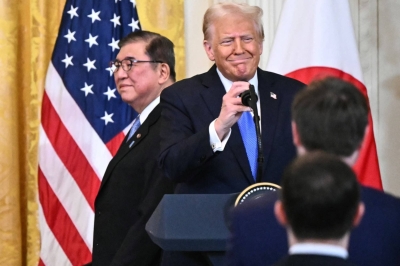NEW DELHI — Just when nuclear energy had come to be seen as part of the solution to energy and global-warming challenges, the serial reactor incidents in Fukushima have dealt a severe blow to the world nuclear-power industry, a powerful cartel of less than a dozen major state-owned or state-guided firms.
Even before the Fukushima No. 1 plant become the site of the world's worst accident since Chernobyl, the share of nuclear power in worldwide electricity production had been stagnant for a quarter-century. In fact, after being constant at 16 to 17 percent from 1986 to 2005, the contribution of nuclear power in global electricity actually has dropped to 14 percent since then.
International studies have shown that nuclear power, although a 50-year-old mature technology, has demonstrated the slowest "rate of learning" in comparison to other energy sources, including newer technologies such as wind power and combined-cycle gas turbines. Nuclear power remains highly capital-intensive. It has high up-front capital costs, long lead times for construction and commissioning, and drawn-out amortization periods that put off private investors.

















With your current subscription plan you can comment on stories. However, before writing your first comment, please create a display name in the Profile section of your subscriber account page.